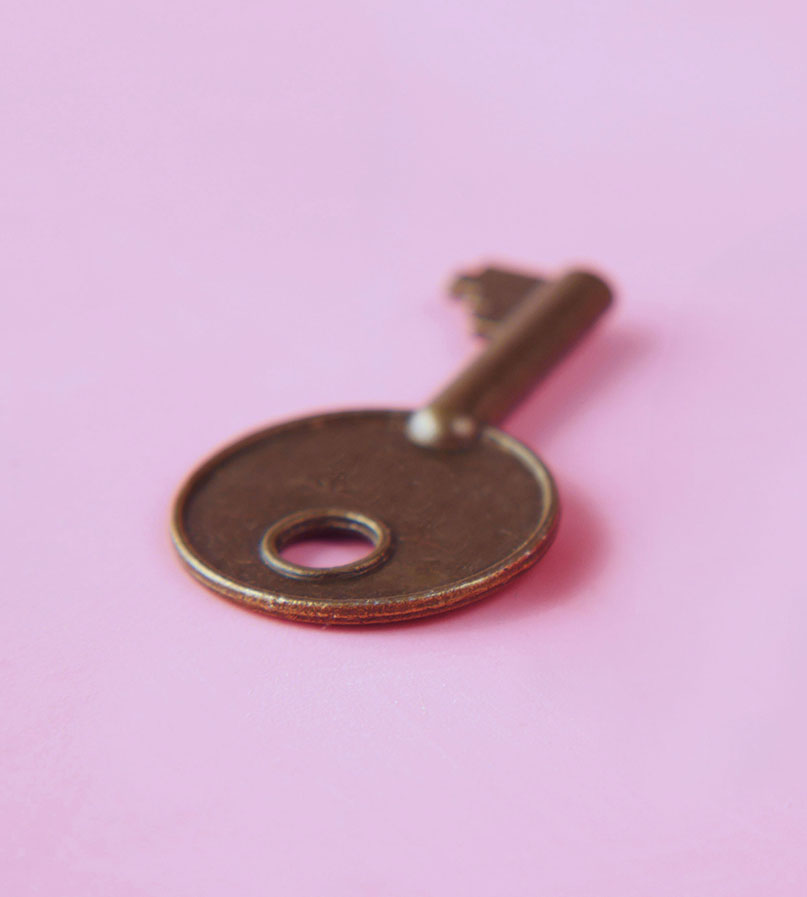When it comes to loans, size really does matter. To help you work out how much you can borrow with a personal loan, we’ve run through all the different factors that can impact the loan size available to you.
How much can I borrow with a personal loan?
The different types of personal loan
Let’s dig into your debt-to-income ratio
Your income also plays a part
Don’t forget about your credit scores
Let’s recap
Disclaimer: This article contains general information only, and is not general advice or personal advice. Wisr Services does not recommend any product or service discussed in this article. You must get your own financial, taxation, or legal advice, and understand any risks before considering whether a product or service discussed in this article may be appropriate for you. We have taken reasonable efforts to ensure that the information is accurate at the time of publishing, but the information is subject to change. We may not update the article to reflect any change.
Keep reading, we've got more
Ready to get an estimate?
Find out if you can get a personal loan with Wisr in just a few minutes. Getting an estimate won't impact your credit scores.




